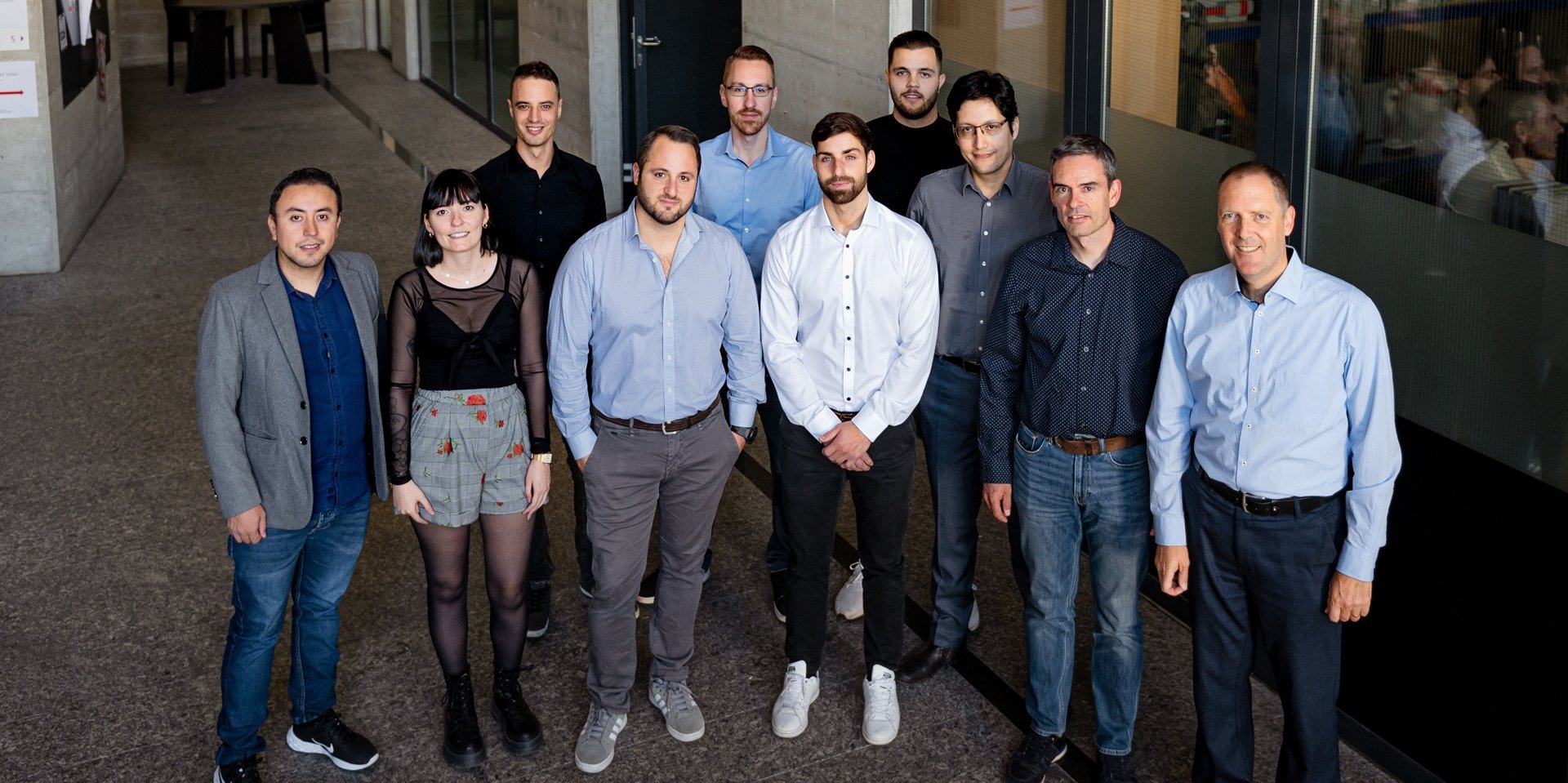MONDAINE

Diabetes is a very common chronic illness that is the fourth leading cause of death in most developed countries. The case of gestational diabetes mellitus (GDM) is of particular interest. It occurs during pregnancy due to increased resistance to insulin.
Diabetes is a very common chronic illness that is the fourth leading cause of death in most developed countries. The case of gestational diabetes mellitus (GDM) is of particular interest. It occurs during pregnancy due to increased resistance to insulin. The precise mechanisms underlying it remain unknown. About 4% of pregnant women incur in this sort of complication. The current approach includes a planned diet, exercise and self-blood glucose monitoring tests that can be administered at home. The care of diabetes and especially GDM would be qualitatively improved with:
To achieve this, we propose the deployment of a pervasive healthcare infrastructure to collect, monitor and alert GDM patients and inform their caretakers with historical values. To setup this infrastructure, we plan a pervasive and ubiquitous multi agent system deployed in the environment and accessible to users by means of smart phone devices. We will use wearable sensors from the market currently used at CHUV to monitor the conditions of the patient. The data produced by wearable sensors will feed the distributed multi agent infrastructure.
The intelligent agents deployed in the multi agent infrastructure will use the data to pre-diagnose possible conditions and alert a health professional in charge of the patient. The proposals research program plans to illustrate how, by using intelligent cognitive agents deployed in a distributed agent environment, we can improve the current approach to diabetes treatment from the perspectives of efficiency and interoperability. In particular our primary goal is to break the boundaries of the hospital care, allowing patients to be monitored while living their day-to-day life and to keep in touch with healthcare professionals.
Publications concerning this project are available on http://publications.hevs.ch/index.php/topics/single/90
